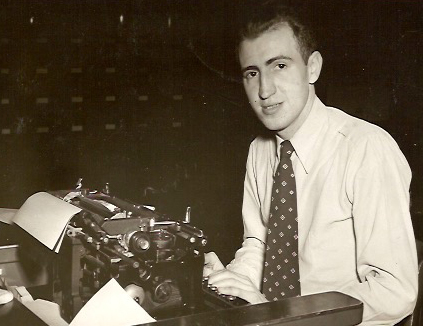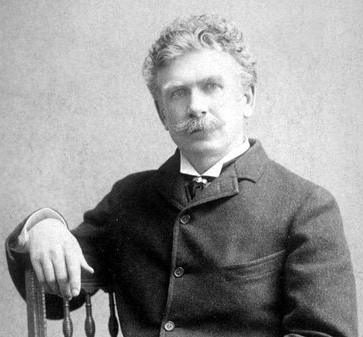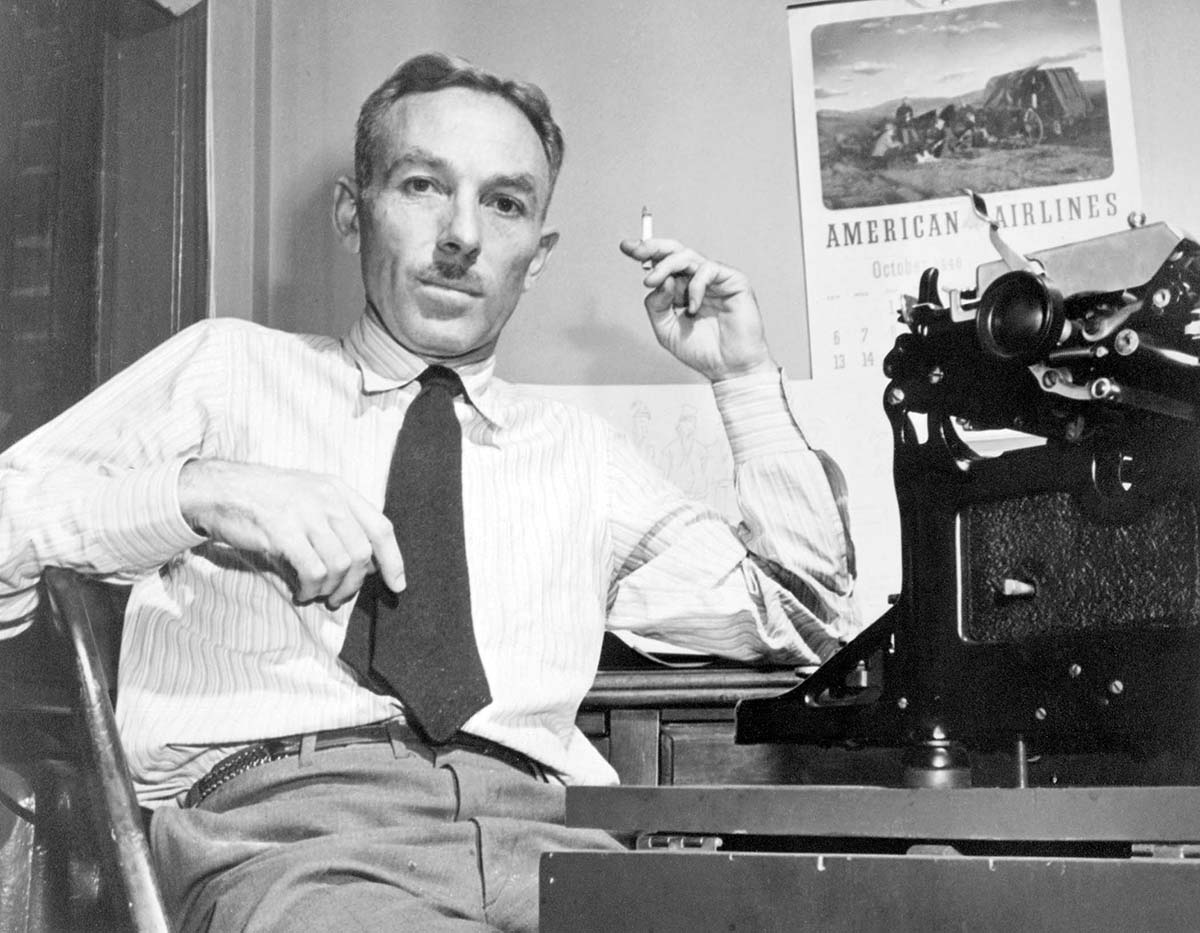
My dental hygienist has her eye on a second career. The other day, after I’d passed the temperature test and questionnaire at the dental office, one of his hygienists, Vivian, got to work cleaning my teeth. Naturally, with my mouth wide open and instruments inside, she had me as a captive audience. So, she told me about wonderfully uninhibited things her children say. For example, one time her toddler son searched for the word to describe his elderly grandfather’s face.
“It’s crumply,” he said.
“He probably meant ‘wrinkly,’” Vivian said with a chuckle. Then, she added, “I think I’ll write a book about the darnedest things kids say. Maybe you can help me get it published.”
I mumbled an “Uh-huh,” through the gauze and dental instruments in my mouth. Vivian didn’t know that hers was the third or fourth approach I’d received this week to help a friend, relative, or total stranger get their book written or published. I’m not kidding. One friend asked me about publishing a wartime memoir. Another asked me to edit a non-fiction foreword. And a third, this week, wanted me to read the manuscript for a musical based on a Second World War battle.
So, with some of those well-intended requests for assistance to get their book written or published, I thought, why not help some who’ve had a similar thought in mind, but not the confidence to call me? Why not, based on my 50-years-plus as a professional writer, offer a few tips on do’s and don’ts of writing a book as a kind of public service?

First, ask yourself, how original is this book? You might consider that all people have an original book inside them because all people are different. In response, you might hear your toughest critic (perhaps yourself) say, “There is nothing new under the sun.” Then again, one of my all-time favourite philosophers and vagabonds, Ambrose Bierce (author of The Devil’s Dictionary), said, “There’s nothing new under the sun, but there are lots of old things we don’t know.”
I taught journalism for nearly 20 years. In nearly every lecture, tutorial or editing session, my reporting students heard me say, “Don’t tell me! Show me!” I offered an example showing one man’s anticipation on D-Day 1944. I could have written, “The Spitfire pilot was nervous…” Instead, based on my interview with one, I wrote, “Charley Fox slipped into the cockpit. In his words, ‘You put a Spitfire on and you wore it.’ He felt his heartbeat quicken. He noticed the palms of his hands were damp. ‘Nervous? No,’ he said, ‘but I felt very much alive that morning.’”
I believe strongly in the use of active as opposed to passive voice. Some of you will know the name E.B. White as the author of Charlotte’s Web. I know him from what he called his “little book,” The Elements of Style. In it, he offers a thousand juicy writing tips, among them this.

Don’t write: “My first visit to Boston will always be remembered.”
Write: “I shall always remember my first visit to Boston.”
Using active verbs, White wrote, delivers direct and vigorous writing.
Perhaps another valuable piece of advice. Before book, think chapter. Before chapter, think paragraph. Before paragraph, think sentence or phrase. I remember leading a workshop in Moose Jaw, a few years ago. I had 25 would-be novelists in a circle around me, all asking, “Where do I start?” I listened to the book idea each of them had.
And I asked, “How might you write part of the book as a thousand-word magazine piece, or a short story, or even a one-page anecdote?” Start with bite-sized, move on to gluttony.
Finally, my father Alex Barris, a lifelong journalist, author, broadcaster, had a sign hung over his writing desk. “Nothing gets done, ’til the seat of the pants hits the seat of the chair.” Words I live by.
When people tell me they want to write a book, I generally chuckle. I’m not laughing at them. I’m thinking of a story Peter C. Newman once related about Canadian novelist Margaret Laurence. Newman wrote that the iconic Ms. Laurence was once approached by a noted brain surgeon.
“Oh, I’m so glad to meet you. I’ve read all your books,” he gushed. “I’m a brain surgeon, and when I retire I’m going to write novels too.”
Laurence grabbed him by the elbow and with pretend enthusiasm blurted out, “What a coincidence! When I retire, I’m going to be a brain surgeon!”
That’s not to say, a person cannot cultivate a second or third career as a writer. It takes time, more time, and lots of patience.
By the way, I haven’t told Vivian at the dental office yet, but next time she talks about her planned book, yes, I’ll offer lots of encouragement. Then, I’ll tell her, “In my spare time, I’m planning to become a dental hygienist.”
Thanx for this in the Cosmos. I spoke to you a while ago just after a training event you were in was canceled. With 18,000 words written already, I hope to finish sometime. Your tips, pointers… help is much appreciated. Thanx for giving back!
This is just an insane article that you have shared with us, the tips and tricks are very well explained in this article I am surely going to follow these tips to complete my book will also share it with my friends and family as well.